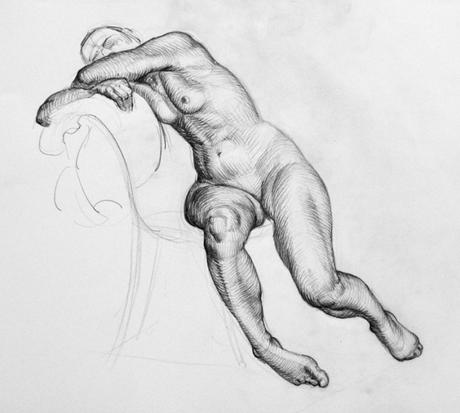
Philosophy demands a certain arrogance. Clear and deep thinking requires a solid grounding in and familiarity with the thought of our forebears, as intelligent painting requires an intimate communion with painting of the past. But the type of philosophy that hovers over the past, circling like ravenous vultures, and only cautiously picking at things that have already been thought, tentatively offering patches for small tears in the fabric, or perhaps safely offering an historical overview of thinkers long deceased, is desperately timid.
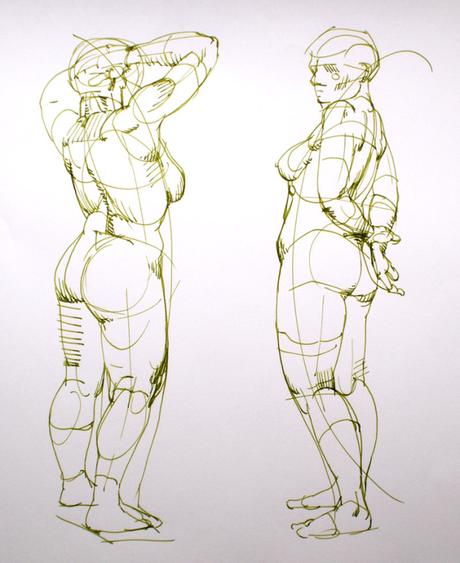
This acceptable sort of philosophy, while courteous and respectful, seems to discard the real purpose of philosophy, the true inquisitive nature of it. Philosophy is a razor-sharp tool that can be turned upon the world to make incisive insights, to fundamentally change our view of it. Wittgenstein (1953: 47) says decisively and dramatically, ‘Die Philosophie ist ein Kampf gegen die Verhexung unsres Verstandes durch die Mittel unserer Sprache.’ (‘Philosophy is a battle against the bewitchment of our intelligence by means of language.’)
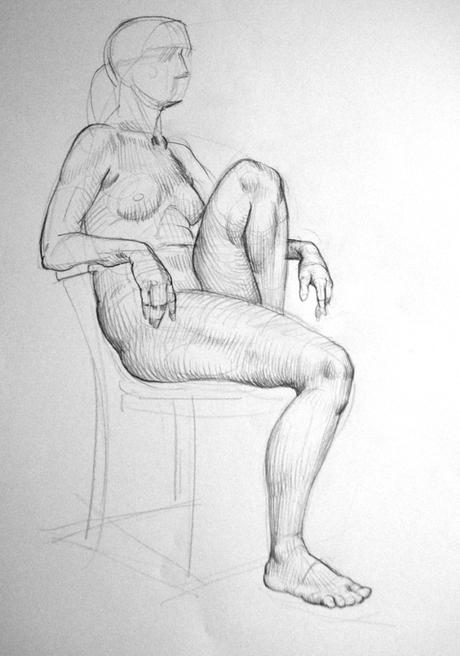
It’s difficult to imagine Wittgenstein diligently attending seminars on how to narrow the scope of his research questions, how to situate his small contribution among the multitudinous academic literature, how to structure his dissertation—beginning with the immovable words of some philosophical heavyweight, detailing the near impenetrable ideas and only at the end offering some humble amendments. Did Wittgenstein’s potential supervisors chide him, ‘Herr Wittgenstein, don’t be a hero’? Imagine the number of scholars who would be put out of work had Wittgenstein been deterred by advice that philosophy should not be visionary!
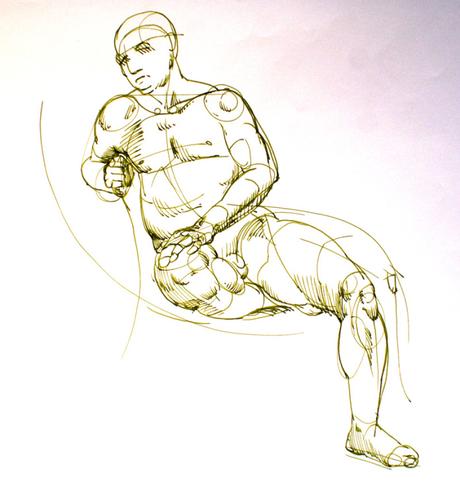
My philosopher friend Kim Solin (2013: 57) notes in his own dissertation that ‘there is sometimes an assertive tone in Wittgenstein’s writings, since the descriptions and objects of comparison need to be taken seriously, so that they will change the way we view things.’ Wittgenstein’s arrogance stems not exactly from disrepect or disregard for the past, but from a firm belief in how philosophy operates, and why. Unlike in science, Wittgenstein (1953: 47) is at pains to make clear, we are not proposing and testing some hypothesis with the goal of piecing together a theory. We do not need an army of lab-rats filling in gaps and completing Kant’s or Descartes’ or Hume’s ‘theories.’ Philosophy, rather, turns a light on the problems we encounter in life, be they moral problems or aesthetic problems, mathematical problems or political problems. It allows us, at a distance from the practical domain, to inspect the nature of those problems, to deepen our understanding and to help us find a new way forward:
‘We must do away with all explanation and description alone must take its place. And this description gets its power of illumination—i.e. its purpose—from the philosophical problems. … The problems are solved not by giving new information, but by arranging what we have always known.’
This healthy disrespect for restrictive academic processes is a sort of intellectual self-preservation: Solin (2013: 61) writes that it is not exactly that we lack respect, rather that ‘one should try to protect oneself from being taken into possession by [in his case] mathematics. … Showing some disrespect might just well be what is needed for that.’ The structures within academia attempt to preserve rigorous standards of thought. They prevent crackpots from publishing incoherent madness; they extend a tradition rather than permitting ruptures; they encourage common languages among scholars, rather than letting them rave unintelligibly past each other. I have nothing against this. But these firm structures should not paralyze us with fear—they should not possess us. We have something to say, and it might not only be a counter-claim. We are observing the world, too, and probing into the nature of problems. Our backgrounds—some practical, some theoretical—afford us different insights. Facing the wall of opponents we are expected to politely challenge, we feel nothing but an indescribable fatigue. Perhaps we can leave such work for others—perhaps we have some new and optimistic description to offer.
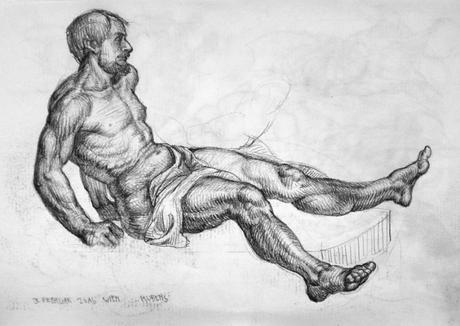
Copy after Rubens
Of course, this does not mean the world is unbounded. We stand firmly upon the work that has gone before, we read and read, we learn to think by thinking through the thoughts of others. We set meaningful and useful parameters for our own work, we attempt to define limits. We strive after clarity and humbly keep quiet and listen when we meet an idea worth attention. Our attitude reflects Wittgenstein’s, as elucidated at the outset of his Tractatus (1963 [1921]: 7):
‘Was sich überhaupt sagen läßt, läßt sich klar sagen; und wovon man nicht reden kann, darüber muß man schweigen. Das Buch will also dem Denken eine Grenze ziehen, oder vielmehr—nicht dem Denken, sondern dem Ausdruck der Gedanken: Denn um dem Denken eine Grenze zu ziehen, müßten wir beide Seiten dieser Grenze denken können.’
(‘Anything that can be said at all, can be said clearly; and what one cannot speak about, one must keep quiet about. This book wants to draw a limit for thought, or rather—not for thought, but for the expression of thoughts: for in order to find the limits of thought we must be able to think on both sides of that border.’)
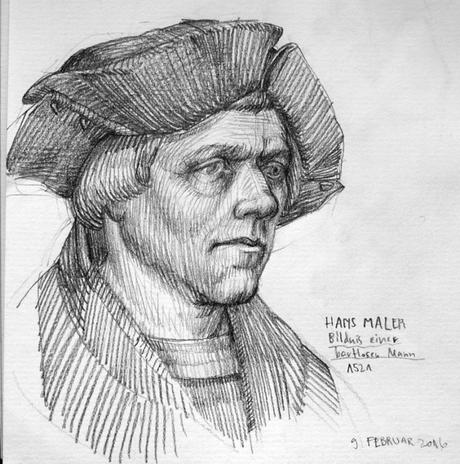
Copy after Maler
We do not deny the significance of what came before us, neither in art nor in philosophy. We do not seek to upend and discard everything and begin afresh. We only hope for enough room to advance our own ideas. We fear that, like Nelson (2010: 161), we might be forced to ‘come laden with contemporaneous references which plug up my case with footnotes, as though art were a leaky vessel, the flow of whose life-humours only art-historical paranoia can staunch.’ For we agree with Nelson (2010: 161) that ‘no number of footnotes carries as much intellectual authority as a poetic insight.’ And we do not forget that it was Wittgenstein (1963 [1921]: 7-8) himself, that revered pillar of philosophy, who brazenly commenced his work with a shamelessly visionary attitude:
‘darum gebe ich auch keine Quelle an, weil es mir gleichgültig ist, ob das was ich gedacht habe, vor mir schon ein anderer gedacht hat.’
(‘Hence I am also not providing any sources, because I am indifferent as to whether what I thought was already thought by another before me.’
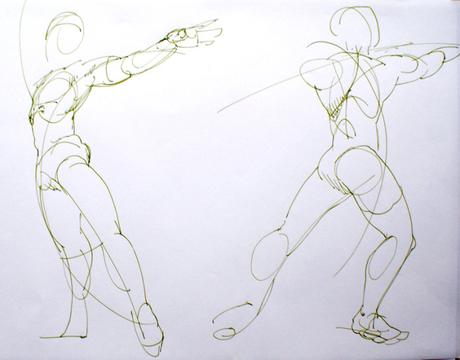
Nelson, Robert. 2010. The visual language of painting: An aesthetic analysis of representational technique. Australian Scholarly Publishing: Melbourne.
Solin, Kim. 2013. The mathematician as mathematics: Theories of computation in light of Wittgenstein’s thought. Uppsala: Filosofika institutionen.
Wittgenstein. Ludwig. 1953. Philosophische Untersuchungen / Philosophical Investigations. Trans. G. E. M. Anscombe. Basil Blackwell: Oxford.
Wittgenstein, Ludwig. 1963 [1921]. Tractatus logico-philosophicus Logisch-philosophische Abhandlung. Suhrkamp.

